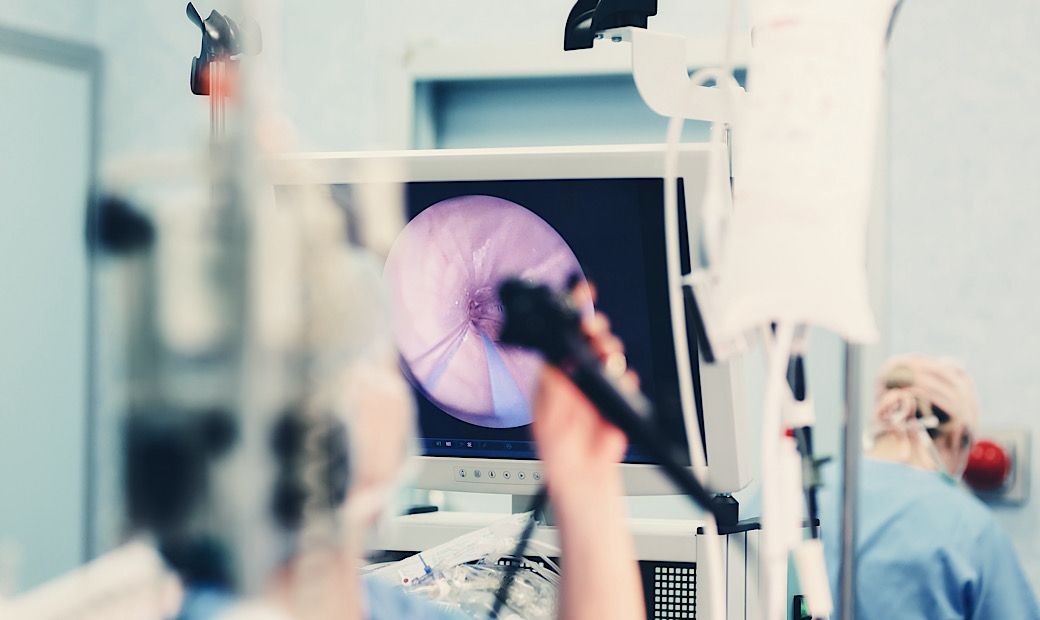Comparing CRC Screening Methods: Colonoscopy vs. Blood Tests

Colorectal cancer (CRC) screening is vital for early detection and treatment, significantly reducing mortality rates. Traditional colonoscopy has long been the gold standard for CRC screening, but recent advancements have introduced new blood tests that offer less invasive alternatives. This article provides a detailed comparison between colonoscopy and blood tests for CRC screening, examining their benefits, drawbacks, and effectiveness. Additionally, we explore how Frischman & Rizza, P.C. offers legal insights on the reliability of different CRC screening methods.
Colonoscopy: The Gold Standard
Procedure and Effectiveness
Colonoscopy is a procedure that allows physicians to examine the interior lining of the colon and rectum using a flexible tube with a camera at the end. During the procedure, doctors can also remove polyps and take biopsies of any suspicious areas. Colonoscopy is highly effective in detecting CRC and precancerous polyps. According to the American Cancer Society, it has a sensitivity of about 95% for detecting colorectal cancer and significant polyps. It allows for a thorough examination of the entire colon and rectum, enables the removal of polyps during the procedure, and allows for immediate biopsy of suspicious areas.
Drawbacks
Despite its effectiveness, colonoscopy has several drawbacks. The procedure requires sedation and bowel preparation, which can be uncomfortable and inconvenient for patients. There are risks associated with colonoscopy, including bleeding, perforation of the colon, and adverse reactions to sedation. Additionally, colonoscopy can be expensive and may not be readily accessible in all healthcare settings, particularly in rural or underserved areas.
Blood Tests: A New Frontier in CRC Screening
Procedure and Effectiveness
Blood tests for CRC screening, such as the Shield test and other liquid biopsies, detect cancer by identifying specific DNA markers associated with colorectal tumors in the bloodstream. These tests offer a non-invasive alternative to traditional methods. Blood tests have shown promise in detecting CRC at an early stage. For example, the Shield test has demonstrated a sensitivity of 91% and a specificity of 87% in detecting CRC. They require only a blood draw, avoiding the discomfort and preparation associated with colonoscopy. Blood tests can be done in a primary care setting, increasing accessibility for patients, and they are capable of detecting cancerous changes before symptoms appear, potentially leading to earlier and more effective treatment.
Drawbacks
However, blood tests have limitations. They cannot provide detailed information about the location or stage of the cancer. Positive results require follow-up with more invasive procedures, such as colonoscopy, to confirm the diagnosis and determine the extent of the disease. There is a risk of false positives, which can lead to unnecessary anxiety and additional testing, and false negatives, which can delay diagnosis and treatment. While blood tests are generally less expensive than colonoscopies, they may still be costly, and not all insurance plans cover them.
Comparative Analysis
Sensitivity and Specificity
Colonoscopy has high sensitivity (95%) and specificity for detecting CRC and precancerous polyps, making it the most reliable method for a comprehensive examination and immediate intervention. Blood tests have reasonably high sensitivity and specificity, but they are not as definitive as colonoscopy. They are valuable for initial screening but require follow-up confirmation.
Patient Experience
Colonoscopy is invasive, requiring bowel preparation and sedation, which can be uncomfortable and deter some patients from regular screening. Blood tests, being non-invasive and convenient, are likely to increase patient compliance and screening rates.
Follow-Up Procedures
Colonoscopy allows for immediate intervention, such as polyp removal and biopsy, reducing the need for additional procedures. In contrast, positive results from blood tests necessitate follow-up with colonoscopy or other diagnostic procedures to confirm and further evaluate the findings.
Cost and Accessibility
Colonoscopy has higher costs and limited accessibility in some regions, requiring specialized equipment and trained personnel. Blood tests generally have lower costs and are more accessible, but may involve out-of-pocket expenses if not covered by insurance.
Legal Insights from Frischman & Rizza, P.C.
Medical Malpractice and Negligence
Medical malpractice can occur when healthcare providers fail to recommend appropriate CRC screening methods based on individual risk factors or misinterpret test results. Frischman & Rizza, P.C., based in Pittsburgh, PA, specializes in medical malpractice and personal injury law, offering expert legal advice and representation for patients affected by CRC screening issues. For instance, if a physician fails to recommend a colonoscopy for a high-risk patient, resulting in delayed diagnosis and advanced cancer, this could constitute medical negligence. Frischman & Rizza, P.C. can investigate such cases, gather necessary medical records, consult with experts, and build a strong claim to ensure patients receive justice and fair compensation.
Informed Consent and Patient Rights
Informed consent is crucial, requiring healthcare providers to fully inform patients about the risks, benefits, and alternatives of CRC screening methods. Patients must understand the differences between colonoscopy and blood tests to make informed decisions about their health. If a healthcare provider fails to obtain informed consent or adequately explain the screening options, patients may have legal grounds to pursue a claim. The legal experts at Frischman & Rizza, P.C. are dedicated to protecting patients' rights and ensuring they receive the necessary information to make informed healthcare decisions.
Community Engagement and Education
Frischman & Rizza, P.C. is committed to community engagement and education, regularly hosting seminars and workshops to inform the public about CRC screening, advancements in screening technology, and patients' legal rights. By empowering individuals with knowledge, they aim to improve public health outcomes and ensure that patients receive the highest standard of care.
Both colonoscopy and blood tests offer valuable methods for CRC screening, each with its own benefits and drawbacks. While colonoscopy remains the gold standard for comprehensive CRC detection and immediate intervention, blood tests provide a less invasive and more accessible alternative that can increase screening rates. Understanding the differences between these methods is crucial for patients to make informed decisions about their health. Frischman & Rizza, P.C. provides essential legal support for patients navigating the complexities of CRC screening and addressing any issues of medical negligence. With their expertise, patients can ensure their rights are protected and receive the care they deserve.





